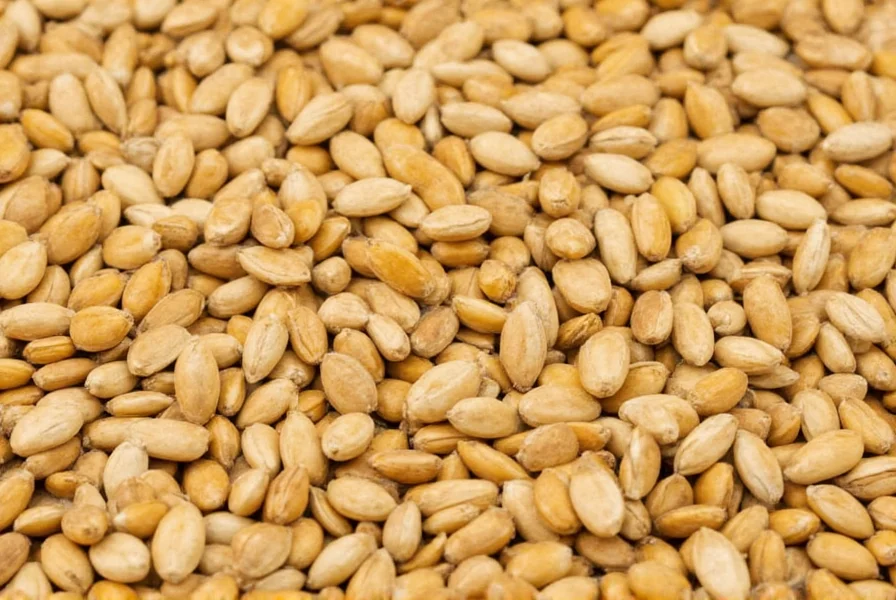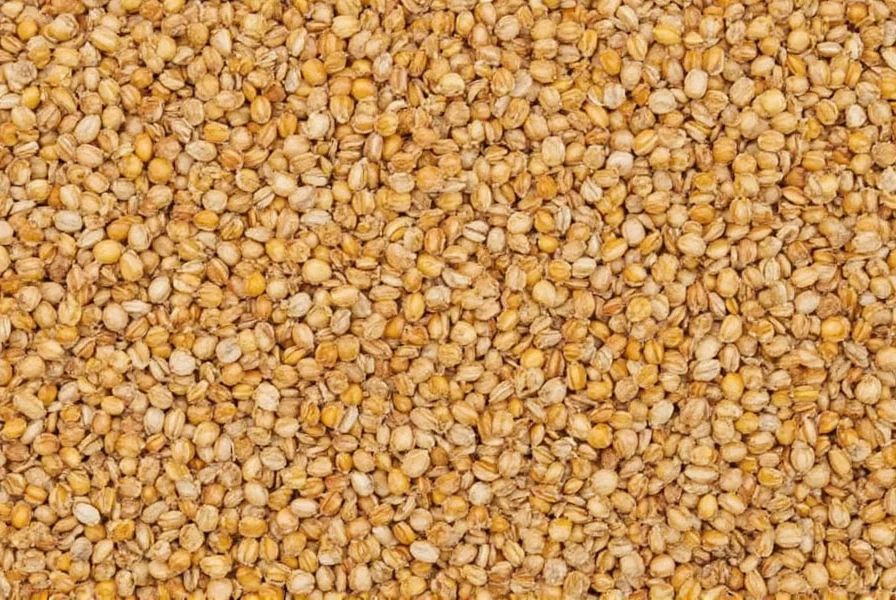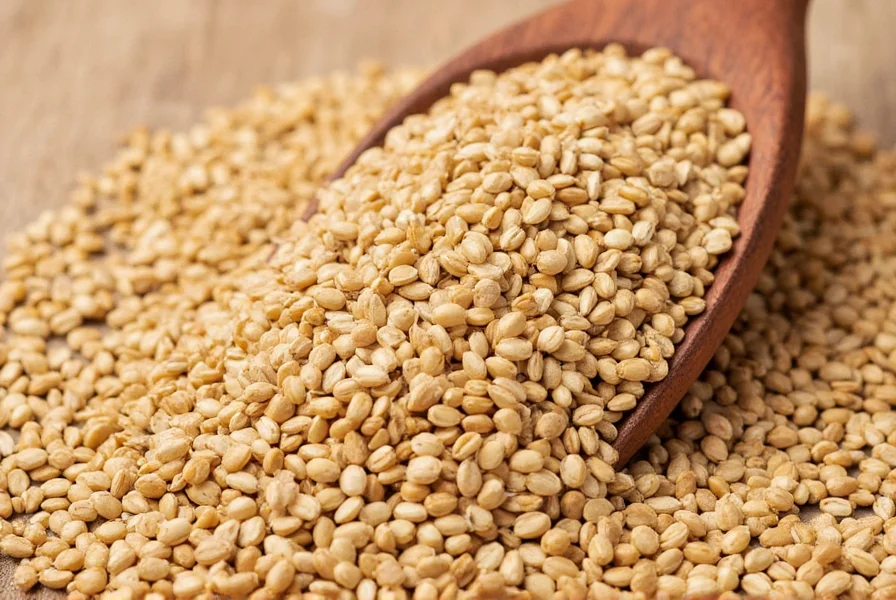Fenugreek (Trigonella foenum-graecum) has been used for centuries in traditional medicine systems across Asia and the Mediterranean. Modern research continues to validate many of its purported health benefits, making it one of the most studied herbal remedies today. This comprehensive review examines the evidence-based advantages of incorporating fenugreek seeds into your wellness routine.
What Are Fenugreek Seeds?
Fenugreek is an annual plant belonging to the legume family, with small, amber-colored seeds that possess a distinctive maple-like aroma when roasted. These seeds contain bioactive compounds including saponins, flavonoids, and alkaloids that contribute to their therapeutic properties. The primary active component, 4-hydroxyisoleucine, plays a significant role in many of fenugreek's metabolic benefits.
Scientifically Validated Health Benefits of Fenugreek Seeds
Blood Sugar Regulation for Diabetes Management
Multiple clinical studies demonstrate fenugreek seeds' effectiveness in managing type 2 diabetes. Research published in the Journal of Dietary Supplements found that consuming 5 grams of fenugreek powder daily significantly reduced fasting blood glucose levels and improved glucose tolerance. The soluble fiber galactomannan in fenugreek seeds slows carbohydrate digestion and absorption, preventing blood sugar spikes. This makes fenugreek seeds for blood sugar control a valuable natural approach for prediabetic and diabetic individuals.
Enhanced Breast Milk Production
Fenugreek remains one of the most widely used galactagogues worldwide. A 2021 systematic review in Breastfeeding Medicine concluded that fenugreek supplementation significantly increased milk production in lactating women, with effects typically noticeable within 24-72 hours. The mechanism appears related to diosgenin content, which mimics estrogen and stimulates mammary tissue growth. Many mothers report how fenugreek seeds increase breast milk production when taken as capsules or tea.
Testosterone and Libido Enhancement
Clinical trials show promising results for fenugreek's impact on male sexual health. A double-blind study in Phytotherapy Research found that men taking 600 mg of fenugreek extract daily experienced significant increases in testosterone levels, sexual desire, and erectile function after six weeks. The furostanol saponins in fenugreek seeds for testosterone levels appear to stimulate natural hormone production without the risks associated with synthetic supplements.
Cholesterol and Heart Health
Fenugreek's high fiber content contributes to cardiovascular benefits by reducing LDL cholesterol levels. Research in the Journal of Medicinal Food demonstrated that daily consumption of 18 grams of defatted fenugreek seed powder lowered total cholesterol by 14% and LDL by 22% in participants with mild hypercholesterolemia. The mechanism involves binding to bile acids, forcing the liver to use cholesterol to produce more bile.
Anti-inflammatory and Antioxidant Properties
The flavonoids and polyphenols in fenugreek seeds provide potent antioxidant effects. Studies show these compounds reduce inflammatory markers like C-reactive protein and interleukin-6. This makes fenugreek valuable for managing chronic inflammatory conditions, though more human trials are needed to confirm optimal dosing for specific inflammatory disorders.
| Nutrient | Amount per 100g | Key Health Benefits |
|---|---|---|
| Dietary Fiber | 24.6g | Supports digestion, regulates blood sugar |
| Protein | 23g | Muscle maintenance, hormone production |
| Iron | 33.5mg | Prevents anemia, supports oxygen transport |
| Magnesium | 191mg | Nerve function, blood pressure regulation |
| Manganese | 1.23mg | Bone health, antioxidant enzyme function |
How to Use Fenugreek Seeds for Maximum Benefit
Fenugreek seeds can be consumed in various forms to access their health-promoting properties:
- Whole seeds: Soak 1-2 teaspoons overnight and consume the water and softened seeds in the morning for blood sugar management
- Ground powder: Add 1-2 teaspoons to smoothies, curries, or baked goods for general health benefits
- Tea: Steep 1 teaspoon of seeds in hot water for 10 minutes; particularly effective for lactation support
- Capsules: Standardized extracts provide consistent dosing (typically 500-600mg)
The optimal dosage varies by intended benefit. For blood sugar control, studies typically use 5-10 grams daily. Lactation support generally requires 1.5-3 grams three times daily. Always start with lower doses to assess tolerance.

Potential Side Effects and Important Precautions
While generally safe when consumed in food amounts, fenugreek seeds for diabetes management or other therapeutic uses may cause:
- Digestive issues (diarrhea, gas, bloating) especially at higher doses
- Maple syrup-like body odor due to sotolone compound
- Allergic reactions in individuals sensitive to legumes
- Lowered blood sugar that may interact with diabetes medications
- Uterine contractions that could affect pregnancy
Individuals taking blood thinners, diabetes medications, or with peanut allergies should consult healthcare providers before using fenugreek therapeutically. Pregnant women should avoid medicinal doses due to potential uterine stimulation effects. Understanding fenugreek seed side effects and precautions is essential for safe usage.
Conclusion: Balancing Benefits and Considerations
Fenugreek seeds represent a valuable addition to evidence-based natural health approaches when used appropriately. The scientific evidence supporting fenugreek seed benefits for blood sugar regulation, lactation support, and hormonal balance continues to grow, though more large-scale human trials would strengthen these findings. As with any natural remedy, individual responses vary, and fenugreek should complement rather than replace conventional medical treatments for serious conditions. Consulting with healthcare professionals ensures safe integration of fenugreek into your wellness regimen.

How quickly do fenugreek seeds increase breast milk production?
Most lactating women notice increased milk production within 24-72 hours of starting fenugreek supplementation at recommended doses (1.5-3 grams three times daily). However, individual responses vary, and some women may require up to two weeks to see noticeable effects. Clinical studies show approximately 76% of women experience improved milk supply with consistent use.
Can fenugreek seeds lower blood sugar too much?
Yes, fenugreek seeds for blood sugar control can potentially cause hypoglycemia, especially when combined with diabetes medications. Research shows fenugreek may lower fasting blood glucose by 15-25% in people with type 2 diabetes. Those taking insulin or other glucose-lowering medications should monitor blood sugar closely and consult their healthcare provider before using fenugreek therapeutically.
What's the recommended daily dosage of fenugreek seeds?
The optimal dosage depends on the intended benefit: 5-10 grams daily for blood sugar management, 1.5-3 grams three times daily for lactation support, and 500-600mg standardized extract for testosterone enhancement. It's recommended to start with lower doses (1-2 grams) to assess tolerance before increasing. Consuming more than 100 grams daily may cause adverse effects.
Are there any drug interactions with fenugreek seeds?
Yes, fenugreek may interact with several medications including blood thinners (warfarin), diabetes medications (insulin, metformin), and medications metabolized by the liver. The high fiber content can also affect absorption of oral medications. Scientific evidence for fenugreek health benefits must be balanced with awareness of potential interactions, so consulting a healthcare provider before combining with prescription medications is essential.
How long does it take to see results from fenugreek for testosterone?
Clinical studies indicate that men typically notice improvements in testosterone levels and related symptoms after 4-6 weeks of consistent fenugreek supplementation at 500-600mg daily. A double-blind trial published in Phytotherapy Research showed significant increases in total testosterone after six weeks. However, individual responses vary based on baseline hormone levels, age, and overall health status.











 浙公网安备
33010002000092号
浙公网安备
33010002000092号 浙B2-20120091-4
浙B2-20120091-4